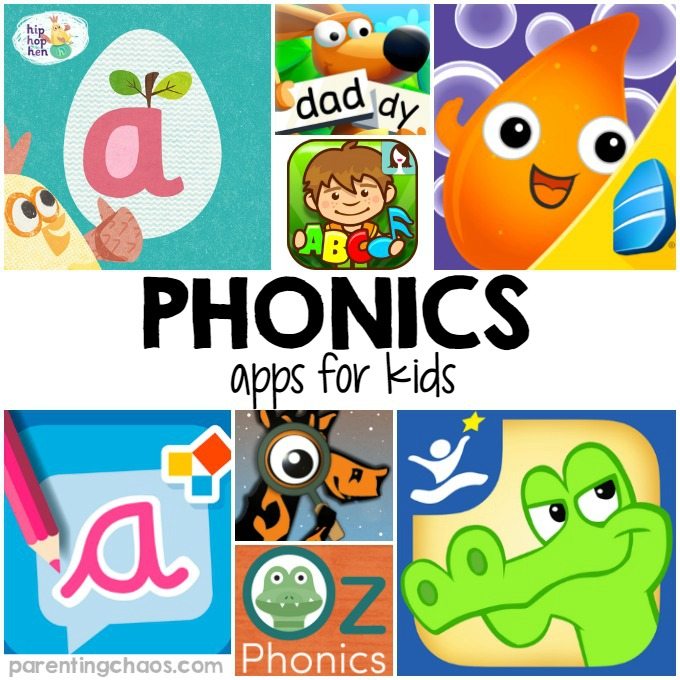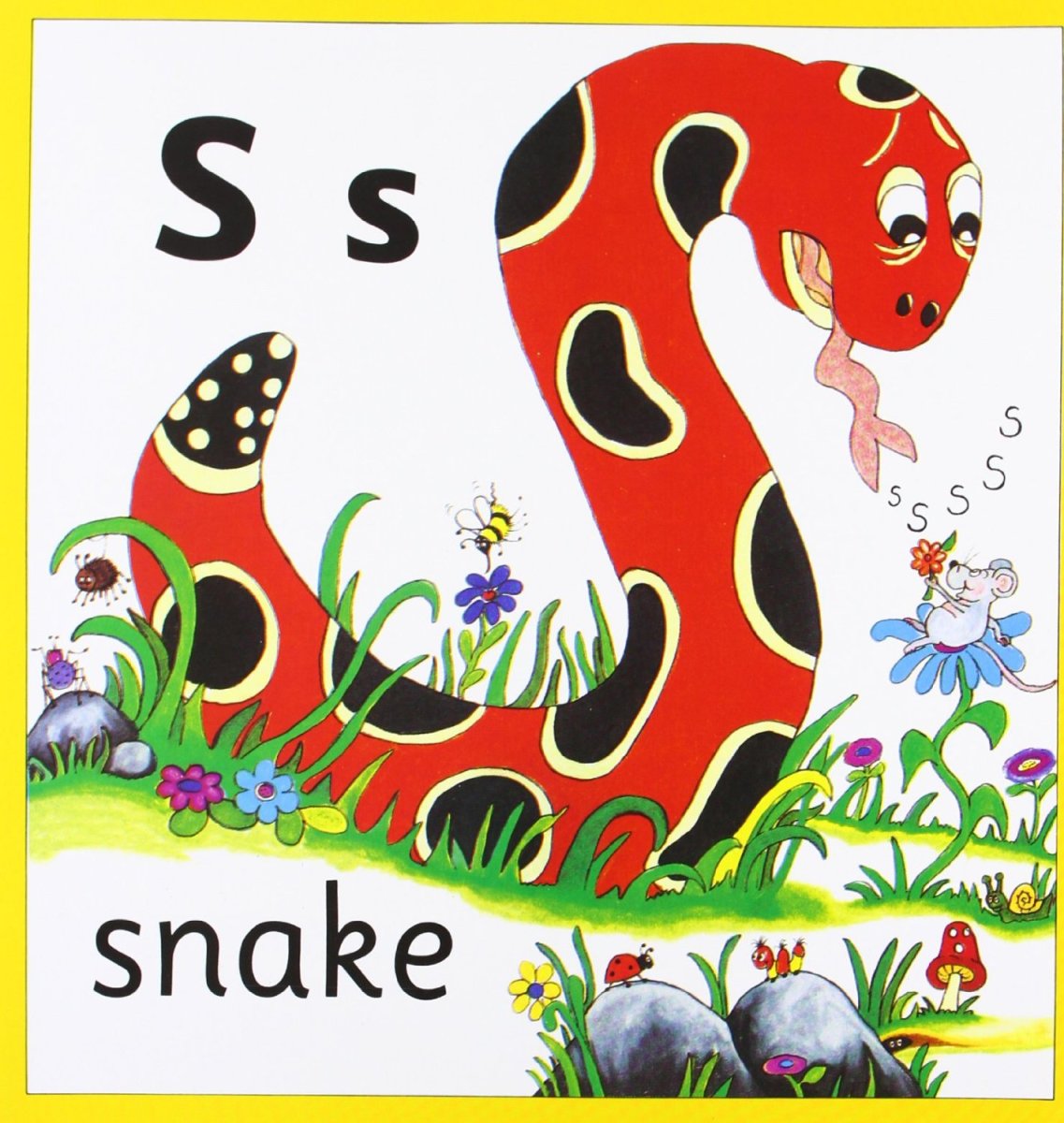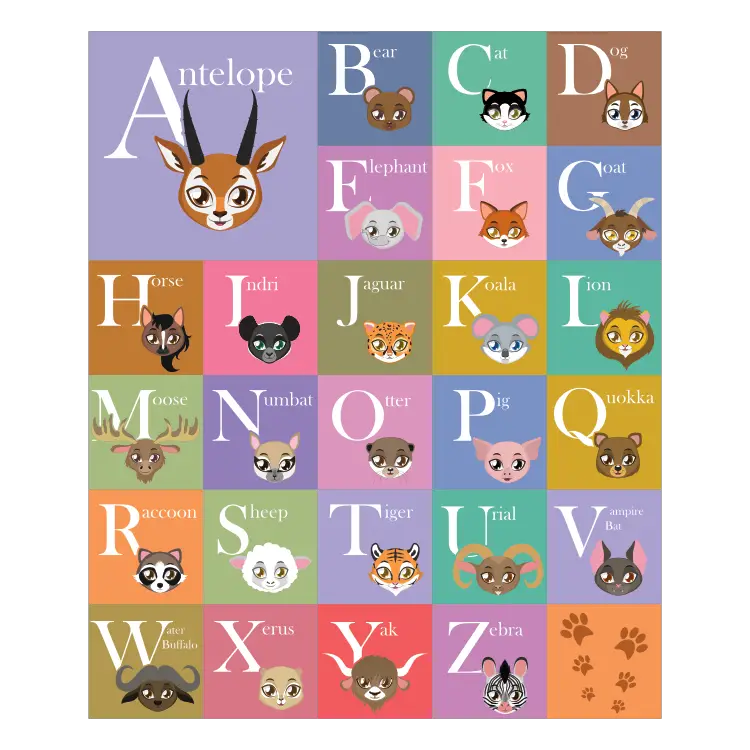Vocabulary englisch vokabeln ielts englische grammatik diction
Table of Contents
Table of Contents
Do you struggle with learning new vocabulary in English? Does the thought of memorizing lists of words leave you feeling overwhelmed? Well, fear not! In this article, we will provide you with tips and tricks on how to learn new vocabulary in English effectively and efficiently.
Pain Points of Learning New Vocabulary
Learning new vocabulary can be a daunting task, especially if English is not your first language. Memorizing long lists of words can be tedious and time-consuming, and often doesn’t lead to long-term retention. It can also be frustrating when you come across unfamiliar words while reading or listening to English speakers. This can make it difficult to follow conversations or understand written materials.
The Solution
The key to learning new vocabulary in English is to make it a regular part of your daily routine. Instead of trying to memorize long lists of words, focus on learning a few new words every day. This way, you can pace yourself and increase your vocabulary over time.
A great way to do this is to subscribe to an English word-of-the-day service or download an English vocabulary app. Many of these apps provide interactive exercises and quizzes that can help reinforce your learning. You can also create flashcards or use mnemonic devices to help you remember new words.
Another effective way to learn new vocabulary is to read extensively in English. Choose materials that interest you, such as books, newspapers, or magazines, and look up any unfamiliar words. This will not only expand your vocabulary but also improve your reading comprehension.
Main Points Summary
In summary, learning new vocabulary in English is all about consistency and practice. Instead of memorizing long lists of words, focus on learning a few new words every day. Use vocabulary apps, books, and newspapers to reinforce your learning, and don’t be afraid to make mistakes. Remember, learning a new language takes time and effort, but the rewards are well worth it.
Target: Using Context Clues
One powerful tool for learning new vocabulary in English is to use context clues. Context clues are hints or cues within a sentence or paragraph that can help you guess the meaning of unfamiliar words.
For example, if you come across the word “abrupt” in a sentence like “Emma’s abrupt departure left us all baffled,” you can use context clues to guess the meaning of the word. In this case, the context (Emma’s sudden departure) suggests that “abrupt” means sudden or unexpected.
By practicing using context clues, you can improve your ability to guess the meaning of unfamiliar words and expand your vocabulary.
Target: Engage with English Speakers
Engaging with English speakers is another great way to learn new vocabulary. This can include speaking with native English speakers, joining online discussion forums, or attending events in your community.
By interacting with English speakers, you expose yourself to new words and expressions in a natural and authentic way. You also have the opportunity to practice using these words in conversation, which can improve your confidence and fluency in English.
Using Synonyms and Antonyms
One effective way to expand your vocabulary in English is to use synonyms and antonyms. Synonyms are words that have the same meaning as another word, while antonyms are words that have the opposite meaning.
For example, if you know the word “happy,” you can expand your vocabulary by learning synonyms like “joyful,” “elated,” and “content.” You can also learn antonyms like “sad,” “depressed,” and “miserable.”
Using Compound Words
Compound words are another useful tool for expanding your English vocabulary. Compound words are formed when two or more words are joined together to create a new word with a new meaning.
Examples of compound words in English include “household,” “supermarket,” and “laptop.”
Question and Answer
Q: How can I make learning new vocabulary more interesting?
A: Choose materials that interest you, such as books, newspapers, or magazines, and look up any unfamiliar words. You can also listen to English podcasts or music and look up any unfamiliar words.
Q: What are some effective study techniques I can use to learn new vocabulary?
A: Use vocabulary apps, read extensively in English, and use context clues to guess the meaning of unfamiliar words.
Q: How can I make sure I remember new words?
A: Practice using new words in context, create flashcards, or use mnemonic devices to help you remember new words.
Q: Is it okay to make mistakes when learning new vocabulary?
A: Absolutely! Learning a new language takes time and effort, and making mistakes is a natural part of the process. Don’t be afraid to ask for help or clarification if you need it.
Conclusion of How to Learn New Vocabulary in English
In conclusion, learning new vocabulary in English is all about consistency, practice, and engaging with the language in a natural and authentic way. Use the tips and techniques outlined in this article to expand your vocabulary and improve your English language skills.
Gallery
Practice And Learn 20 New Words - Vocabulary Quiz - YouTube

Photo Credit by: bing.com / vocabulary
Pin On Grammar File

Photo Credit by: bing.com / vocabulary englisch vokabeln ielts englische grammatik diction
Purpleoceandesigns: Improve Your English Vocabulary Book 2 Answers

Photo Credit by: bing.com /
A Few Tricks For Learning New Vocabulary In Another Language

Photo Credit by: bing.com /
Pin On Reading

Photo Credit by: bing.com / introduce busyteacher sfr wordplay siop foldables spoken learners messagerie enseignement voc





